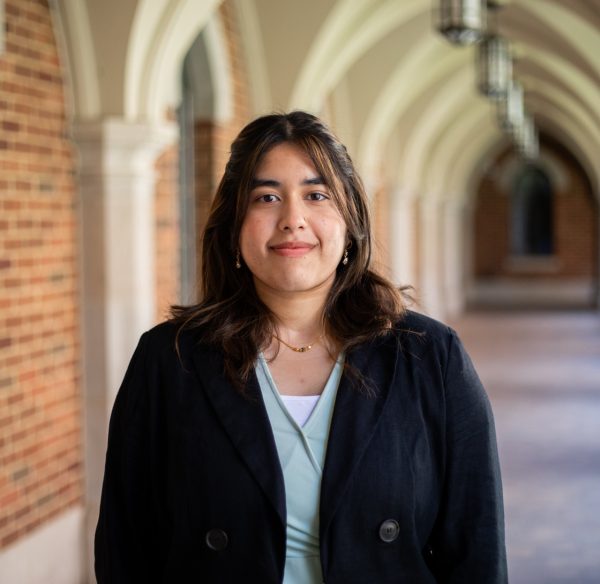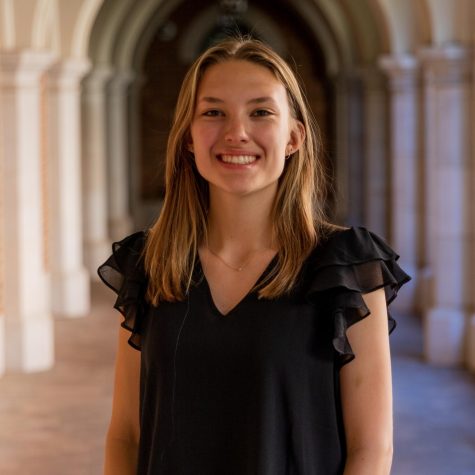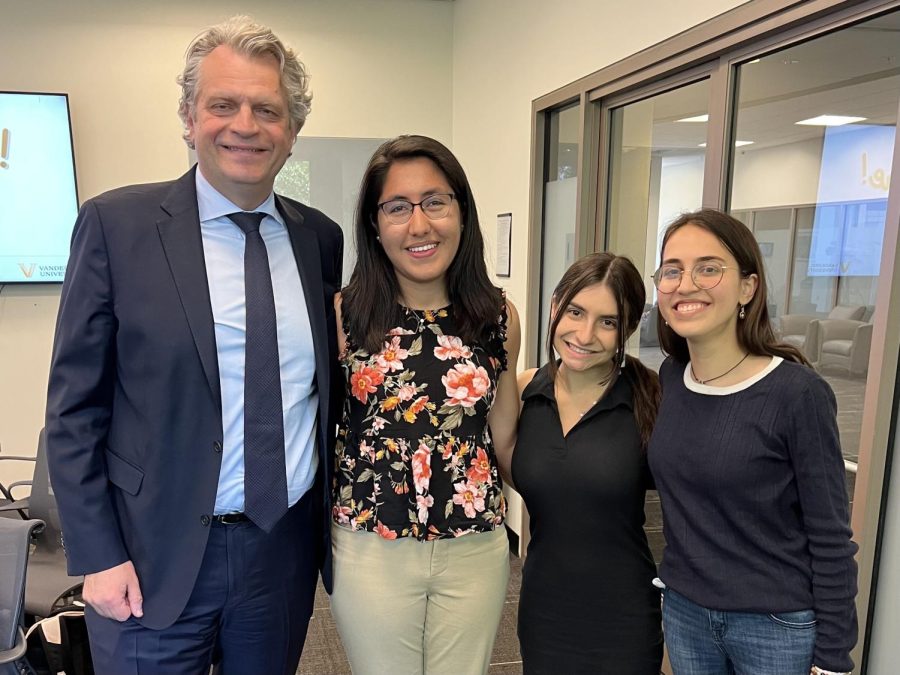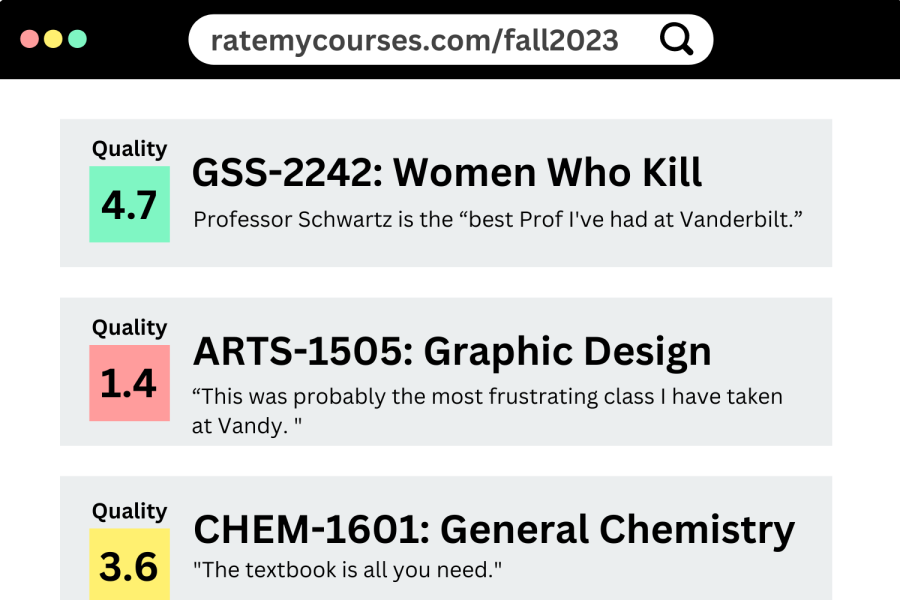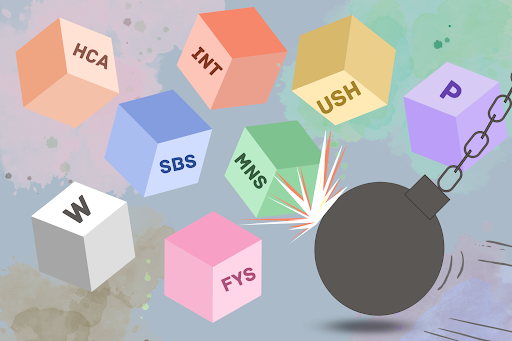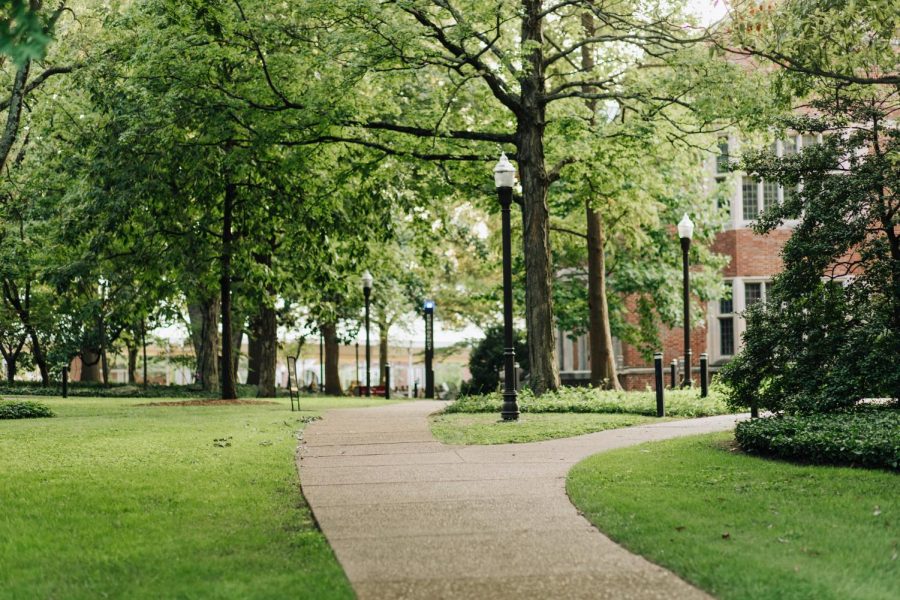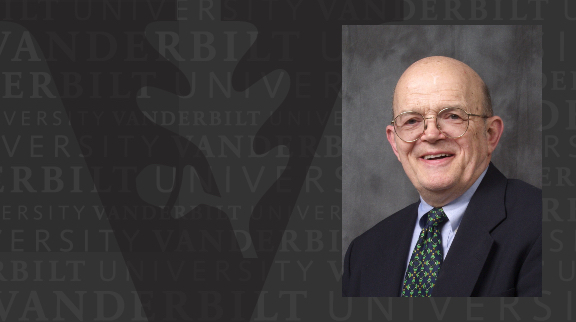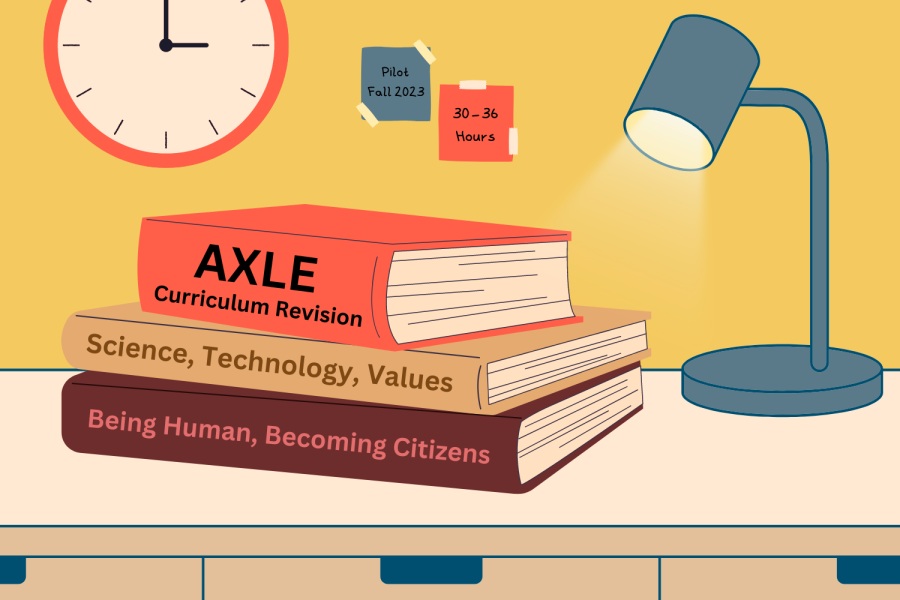The College of Arts and Science released the final version of its Future of the A&S Curriculum on April 24. The proposed curriculum — called the A&S College Core — was approved by over 70% of faculty in a vote last month and will go into effect beginning Fall 2024.
A&S Dean of Strategic Initiatives Sarah Igo said the steering committee has promptly begun work to implement the new curriculum following the vote.
“We are moving full steam ahead with implementation, setting up a Core Office, working on guidelines for tagging classes with capacities, doing outreach to departments, working with admissions and the registrar’s office and the like,” Igo said.
A&S announced its plans to restructure the current AXLE curriculum in Spring 2022. Upperclassmen will not have the option to opt into the new curriculum due to logistical and administrative concerns, according to Igo.
“For at least three years, we [the university] will have to run both curricula,” Igo said. “I think it may just tie the Registrar’s office in knots if we were to allow some people to hop into the new curriculum midway through.”
A&S’s curriculum report cites “swiftly-evolving challenges” as a reason for change. The report further emphasizes the need for a strong liberal arts foundation to prepare A&S students for the technological advancements, global crises and political dilemmas of the 21st century.
Intra-university transfer data shared in the report indicates that 23.4% of the 466 students who left A&S for either Peabody College or the School of Engineering between Fall 2021 through Fall 2022 cited AXLE’s inflexibility as a reason for leaving. The report states that this feedback was used to craft a more flexible curriculum.
A&S College Core requirements

In the proposal, the new curriculum is described as “more intentional, flexible and intuitive” than AXLE. AXLE consists of a 42-45 credit-hour requirement, while the new College Core will require 33-39 credit hours. Whereas each A&S course currently fulfills only one AXLE requirement, the courses under the A&S College Core fulfill 1-3 Core Capacities each, allowing students to complete their requirements through fewer classes — a minimum of 10 under the new Core, as compared to a minimum of 13 under AXLE. The AP/IB credit policy will remain the same as under AXLE, with the exception of AP language testing, though the proposal called for the policy to be standardized across all four schools.
“This recommendation rests on recent research (and political controversy) around the AP program; the recognition that AP courses are not equivalent to most Vanderbilt courses; and concerns regarding equity, since not all incoming students have access to AP/IB courses,” the proposal reads.
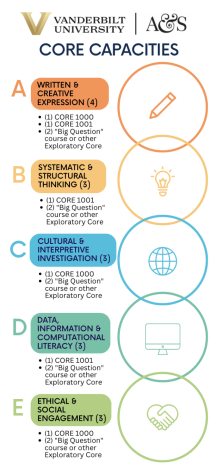
Sixteen Core Capacities must be fulfilled under the new curriculum within the categories of Written & Creative Expression (4); Systemic & Structural Thinking (3); Cultural & Interpretive Investigation (3); Data, Information & Computational Literacy (3); and Ethical & Social Engagement (3).
As part of the 16 Core Capacities requirement, all first-year students are required to take two common four-credit-hour writing seminars — one each semester. Each section of the seminars will have 15 students and fulfill three Core Capacity requirements. By the end of their first year, students will have completed six out of the 16 required Capacities.
After completing the first-year core, students are required to take eight additional courses as part of the Exploratory Core. This includes their choice of two “Big Question” courses — classes tagged with two Core Capacities that approach global issues through an interdisciplinary lens — and at least one each of world language, humanities, social science, natural science and lab courses. The lab requirement is currently a placeholder for a redesigned science requirement that will be in place by Fall 2025. These courses will satisfy the 10 Core Capacities — two in each category — that remain after students’ first year.
Michael Bess, professor of history and of communication of science and technology, taught a pilot first-year core class this past semester as an honors seminar for the A&S College Scholars Program. He said he is excited about the connections he believes students will make in these core seminars.
“Every first-year student in the college will be reading the same books at the same time for these two classes, which will draw on the much broader trove of human knowledge across centuries and through different cultures,” Bess said.
Igo said the common writing seminars aim to increase coordination in the Vanderbilt writing program compared to the current first-year writing seminar structure. She said the new classes will also give all incoming students parallel introductions to the liberal arts education offered at Vanderbilt.
“We might be able to provide a better introduction to college study, and we might be able to put our students on a more equal footing and have them start thinking and reflecting on their education in their first year,” Igo said. “We would also be able to ensure that all of our students got a full year of scaffolded writing practice, as well as an introduction to the [core] capacities.”
Curriculum development process
Faculty across A&S began meeting in January 2022 as part of working groups under the direction of a curriculum development steering committee. Igo said she appreciates the ways the initiative brought professors together.
“Getting to sit with 35 colleagues, representing every department at A&S, for a year and a half and coming to some agreement and consensus despite the incredible differences in our fields to do what we thought was best for undergraduate education helped me see that there is a commonality in our shared experiences as teachers of undergraduates,” Igo said.
Paul Stob, director of American studies and professor of communication studies, also taught a pilot core class and was a member of one of the faculty working groups. He called the experience the “most collaborative, thoughtful and exciting” group he has ever been a part of at Vanderbilt in his 13 years of teaching.
“Faculty are engaged in the same kind of common intellectual pursuit as students will be in the core. It’s rare for faculty to participate in an intellectual community like the one we’re creating, but we’re excited to involve many, many more faculty in this kind of intellectual community, should the new curriculum pass,” Stob said.
The steering committee also organized a student advisory group to provide student input on the curriculum. According to senior Rohit Kataria, students were chosen for the advisory group by professor and peer nominations, as well as by previous involvement in curriculum discussions. Sophomores Saksham Saksena and Kyle Vallone, members of VSG’s academic affairs committee, were delegates to the advisory group and developed a survey to gather student feedback on the new curriculum proposal.
Saksena said he views the new core curriculum as a “vast improvement” of AXLE.
“The new plan replaces vague, content-based distinctions with skill-based capacities that will truly prepare students to succeed in their careers and as citizens,” Saksena said.
Student and faculty reactions
Stob said he believes the new College Core is a step in the right direction for general education at Vanderbilt.
“[The core] will give students a common intellectual experience in their first year, and it will give faculty a new sense of community and collaboration,” Stob said. “They will start their time at Vanderbilt with a clear sense of the purpose and value of a liberal arts education.”
He emphasized that the core will not detract from specialized education within students’ majors and minors but rather increase opportunities for interdisciplinary learning.
“After the first year, students will have the opportunity to pursue ‘big questions’ in interdisciplinary courses proposed by faculty members. These courses will be focused more on grappling with significant problems than on discipline-specific information,” Stob said. “Students will still be able to get plenty of discipline-specific information as they complete their Capacities requirement and go through their major.”
Junior Max Paul, a student in Stob’s pilot course, said he supports the creation of the College Core.
“I think letting students pursue what they are already interested in is an overrated virtue. When I came to college, I didn’t know what I didn’t know; there was simply so much I hadn’t been exposed to,” Paul said. “It would have been a disservice just to let me pursue what I’m already interested in.”
Paul also cited employment anxiety as a significant factor in students’ choices of major, citing the “mass exodus” of students from A&S to Peabody as a response to the volatile job market. Of the 339 students who transferred from A&S to Peabody from Fall 2021 through Fall 2022, 54.6% switched to pursue a specific major, and 24.5% switched to “improve career outcomes.” He said he believes that the core curriculum has the potential to liberate education as long as Vanderbilt also works to deconstruct the view of learning being a means to an end.
“‘Intellectual Freedom’ doesn’t just mean the theoretical freedom to pursue what you wish, but I also think it has to involve a pursuit of knowledge that isn’t circumscribed by job anxiety and cold profit-maximization analysis,” Paul said. “Vanderbilt ought to encourage us to imagine beyond the status quo, not just give us the tools to succeed within it.”















